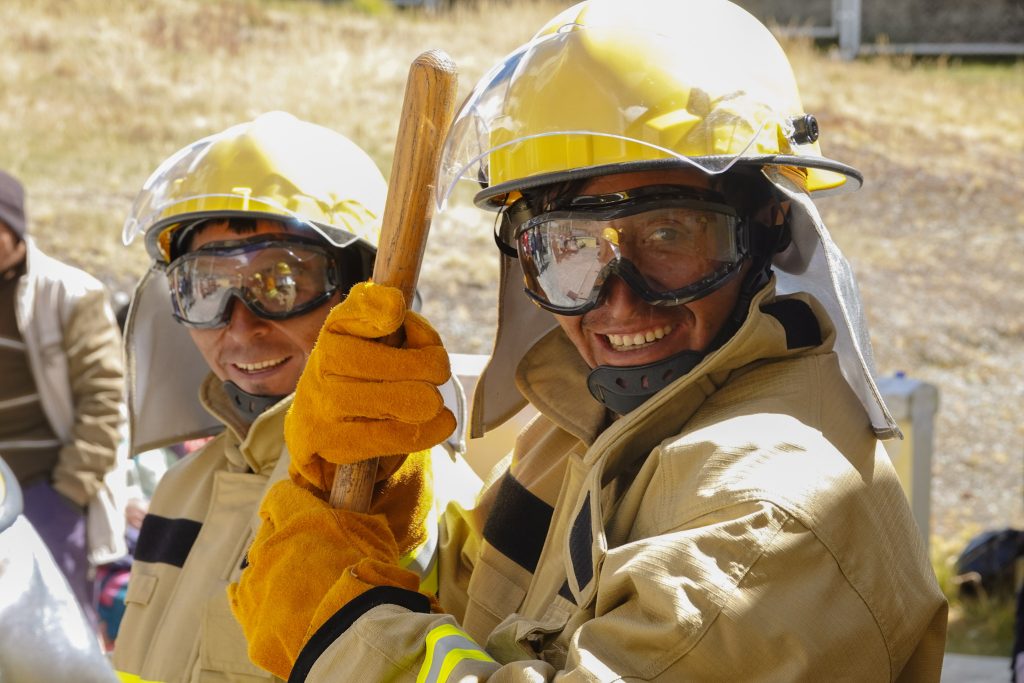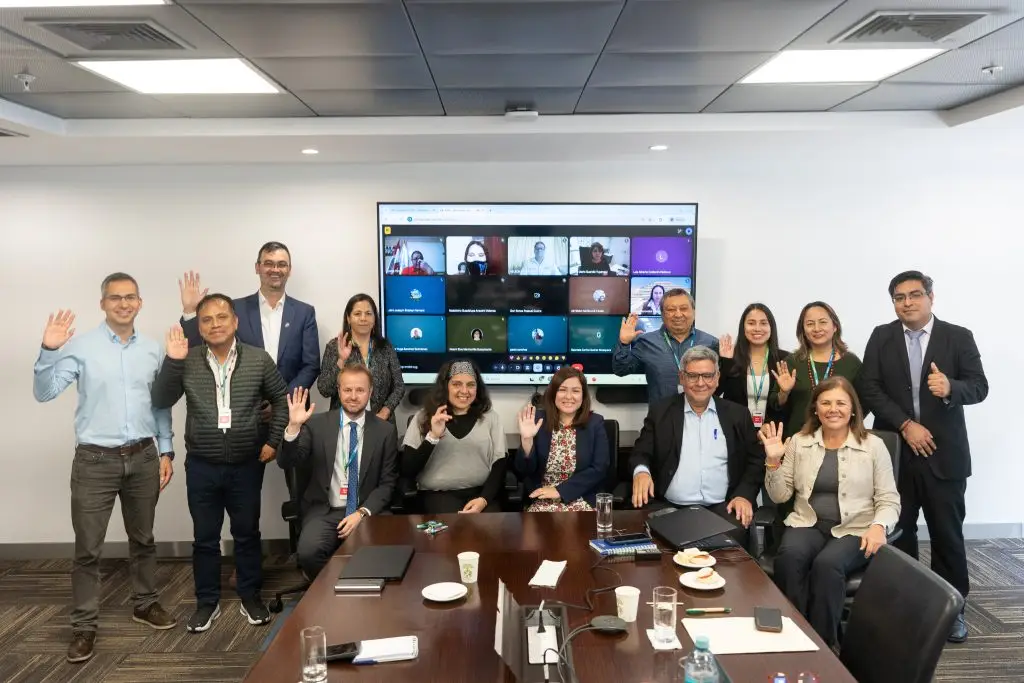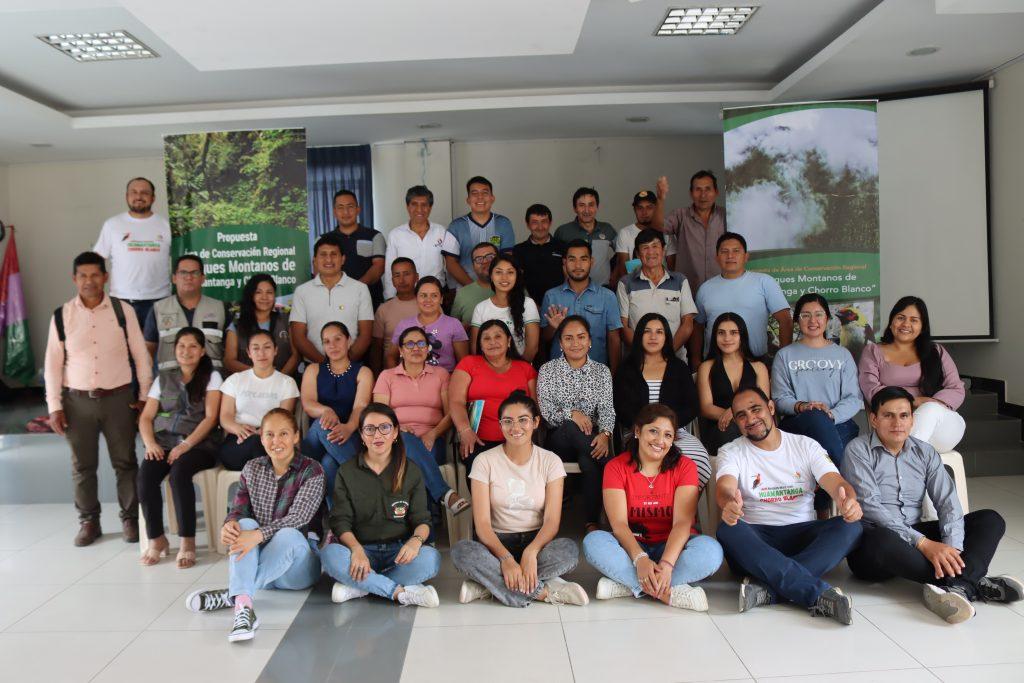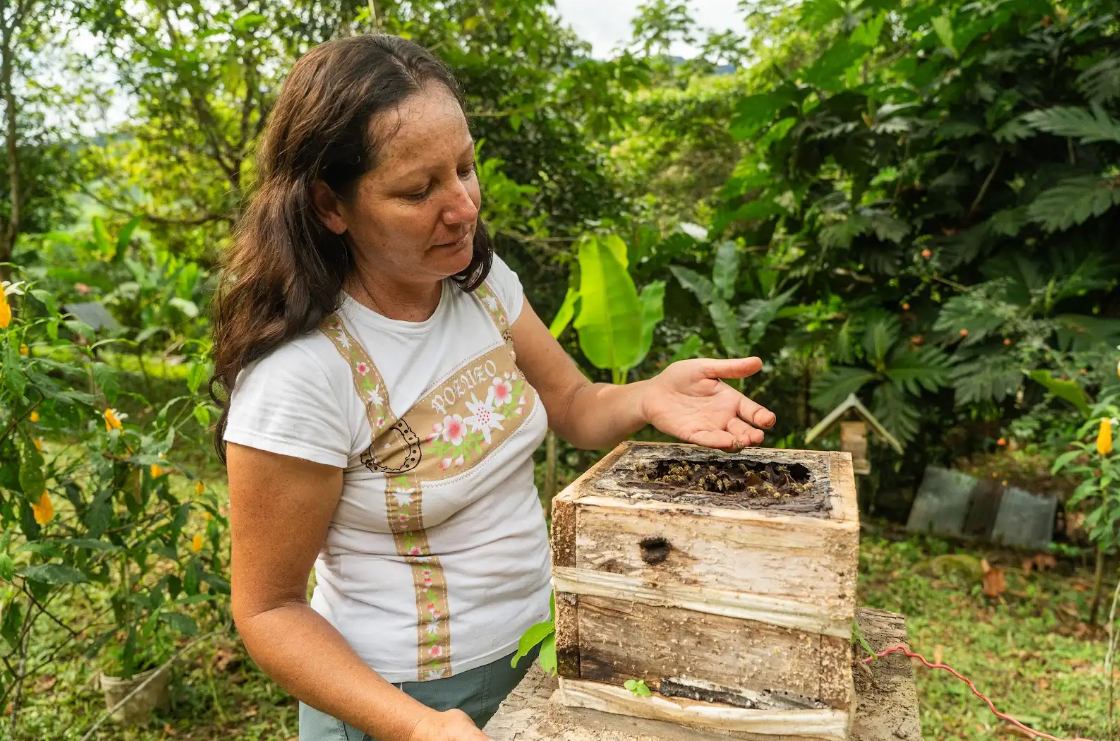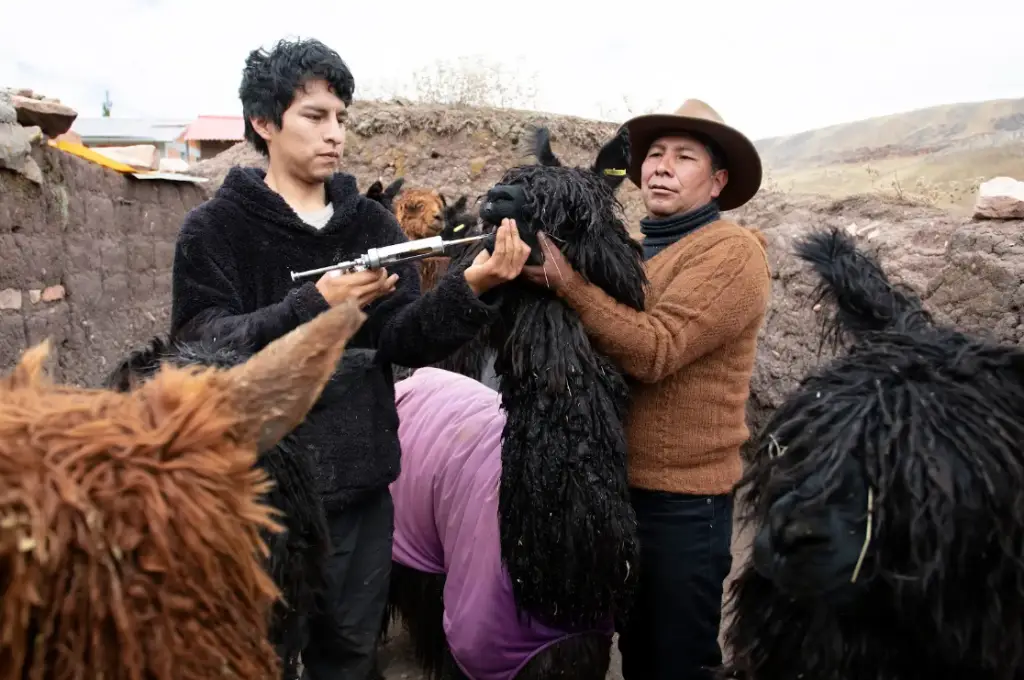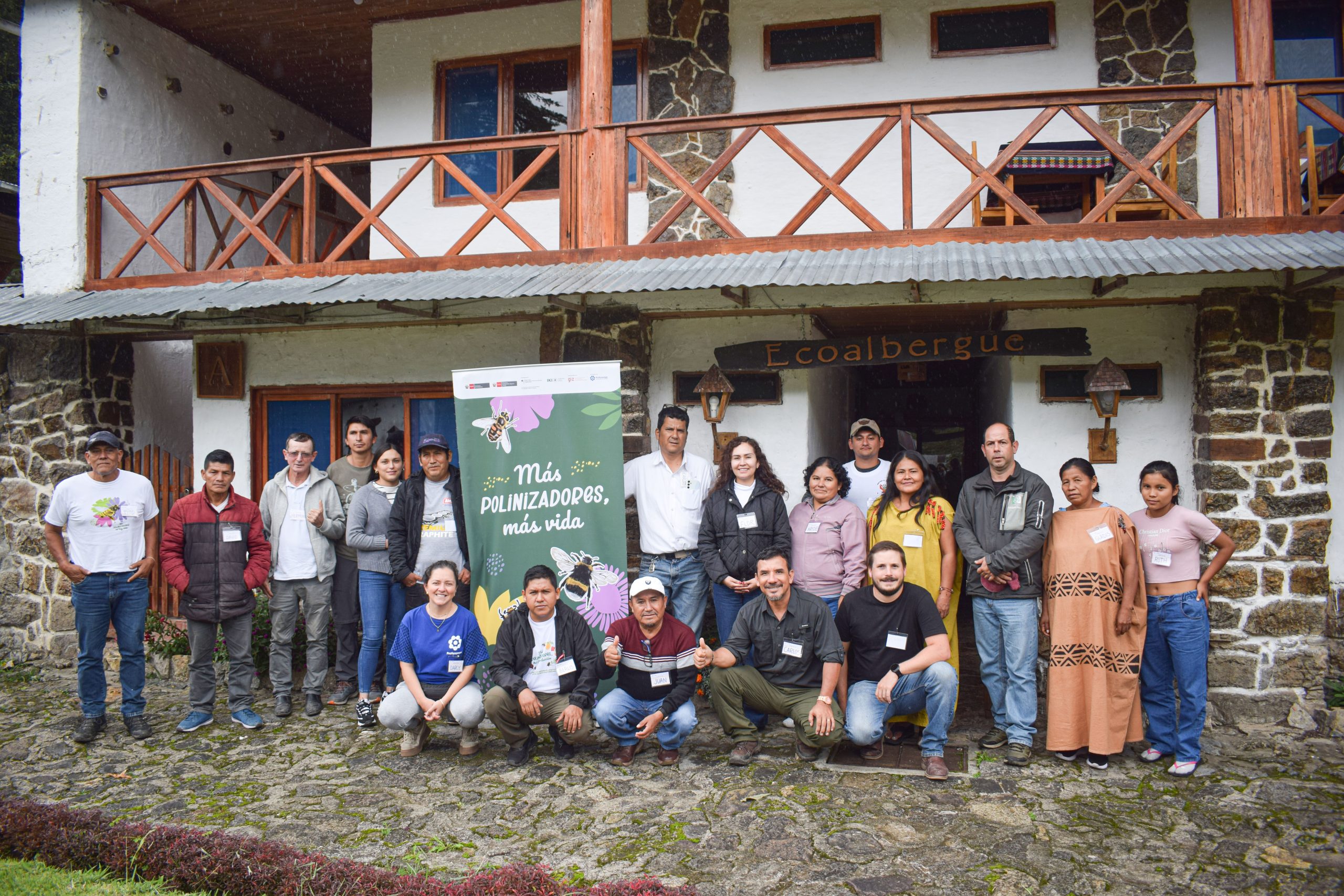The annual festival organized by the Ministry of the Environment – Minam, took place in the Campo de Marte, district of Jesús María, with the participation of around 20 institutions, both private and public, who showed experiences and undertakings associated with the sustainable use and conservation of our biodiversity.
The inauguration of the event was attended by the Vice Minister of Environmental Management of Minam, Giuliana Becerra; Elia Urmeneta Venturo, Manager of Economic Development of the Municipality of Lima; Marco Antonio Lezma Jara, Deputy Manager of Environmental Management of the Municipality of Jesús María; Luis Espinel Cuba, Executive Director of Conservation International; and Jene Thomas, Director of the United States Agency for International Development (USAID) in Peru.
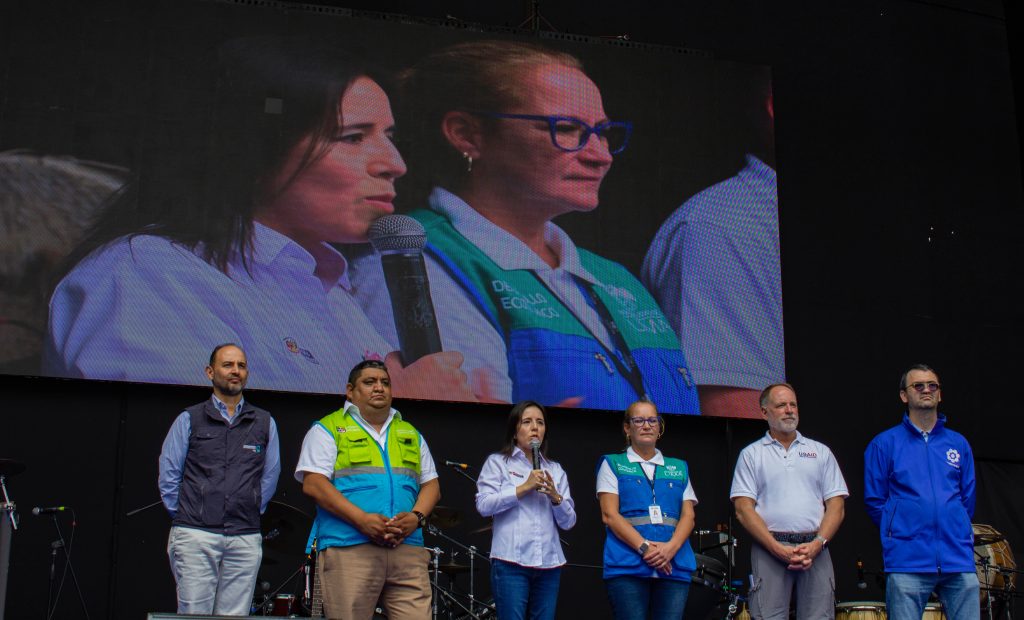
Anton Willems, CEO of Profonanpe, highlighted: “For Profonanpe, which has been working for 30 years on conservation issues, the conservation day is just a synthesis or a summary of all the wealth of our country. We have been working together with all our allies, on the coast, in the highlands and in the jungle. Peru has everything, its people and its natural heritage, and it is in this harmonious coexistence that we can achieve sustainable development.”
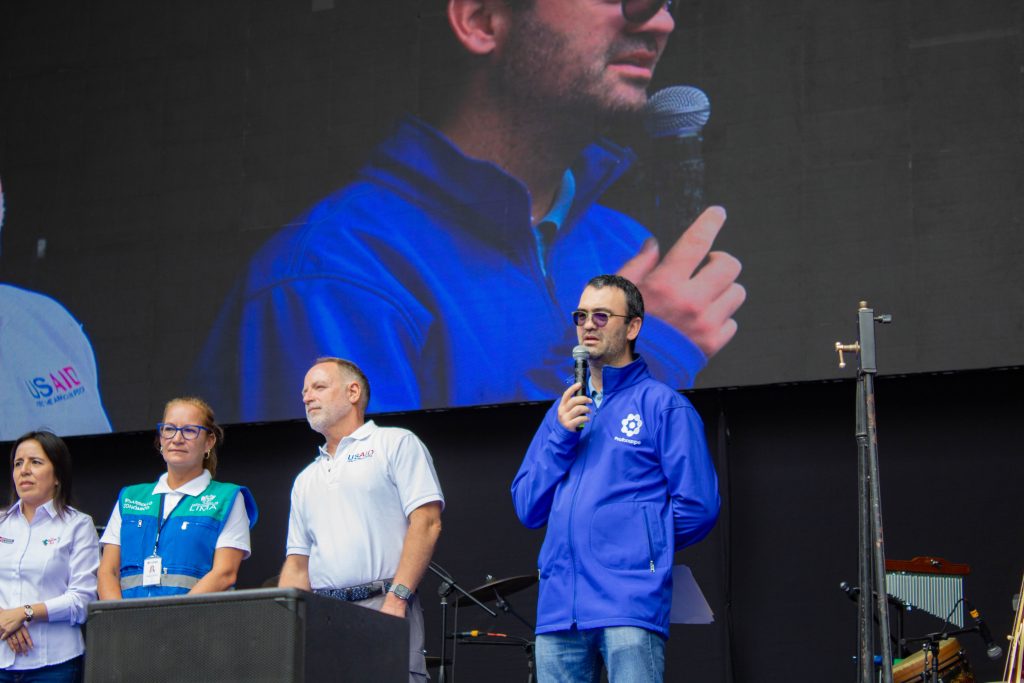
The various stands included initiatives such as Kusikuy, a digital platform that distributes Agrobio products developed by high Andean communities in Cusco, Huancavelica, Puno and Apurimac. APROBIOSPECC, an enterprise led by women producers of natural biofertilizers from marine waste, also participated, as well as several entrepreneurs and conservationists from the coast, highlands and jungle who presented products made from native species, as well as small sustainable businesses, which have the license of Sernanp’s Allies for Conservation.
The space also allowed visitors to enjoy environmental education activities, which have raised awareness and knowledge about the importance of protecting our natural environment.
About the GEF Agrobiodiversity GIAHS Project
The GEF Agrobiodiversity GIAHS project seeks to conserve agrobiodiversity in the localities of Acora (Puno), Huayana (Apurimac), Lares (Cusco), Laria (Huancavelica) and Atiquipa (Arequipa), through traditional agricultural systems, integrated management of forests, water and land resources, and the maintenance of ecosystem services.
This initiative is financed by the Global Environmental Facility (GEF), executed by the Ministry of the Environment and the Ministry of Agrarian Development and Irrigation, with the implementation of the Food and Agriculture Organization of the United Nations (FAO) and the administration of Profonanpe.



